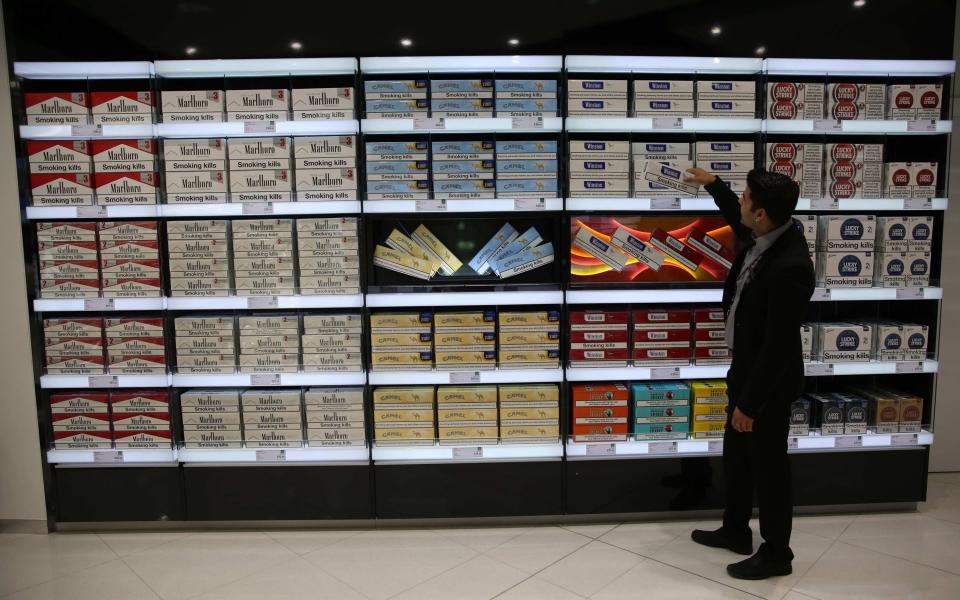Return of the booze cruise: ferry chiefs plan to slash wine and beer prices after Britain leaves the EU

Brexit will lead to the return of the "booze cruise" with ferry passengers enjoying duty free wine and cigarettes for the first time in nearly 20 years.
The British Chamber of Shipping, which represents cross-Channel ferry operators, said that duty free will be "automatically" introduced on cross-channel ferries if Britain leaves the customs union, putting an end to rules abolishing duty free for travel between European Union countries.
Ministers “will carefully consider” reintroducing duty free shopping on cross-channel routes if Britain leaves the EU customs union as part of Brexit negotiations, The Telegraph understands.
The Chamber is hoping the UK will return to the system of the 1990s when ferries were able to sell alcohol and cigarettes on board which were not liable for excise duty.
Shops on ferries could sell individual allowances of duty free to passengers up to a limit of one bottle of spirits (1 litre), two bottles of fortified wine (2 litres), 200 cigarettes, 4 litres of ordinary wine, 16 litres of beer and 200 cigarettes.
This so-called “intra-EU duty free” system was worth £391 million a year to the ferry industry.
These allowances were available at airports and on cross-channel ferries until 1999 when duty free was abolished for travel between EU countries.
Since then they have only been able to take advantage of "tax-free" shopping, which is free of VAT.
One senior government source said: “This is just one of a huge number of opportunities that are available to Britons and it is good that people are recognising them.”
Guy Platten, the chief executive of the UK Chamber of Shipping, which represents ferry operators, told The Telegraph that the return of duty free would be a "win-win" for travellers and ferry companies.

He said: “The return of duty free to ferries could be a game-changer for the UK ferry sector and deliver a win-win for both business and customer alike.
“The UK was an island nation before the referendum vote, and we are an island nation today.
“Nearly 40 million people a year travel on ferries to and from the UK and it continues to be a convenient, safe and cost-effective way of travelling.
“But over the years a number of regulations and changes have damaged the industry’s competitiveness, not least the removal of duty free.
“Leaving the European Union may well give us the opportunity to get that back.
“The Government has said Britain is open for business, and that leaving the EU does not mean cutting ourselves off from the world.
“Promoting travel and tourism should be at the heart of its strategy, and restoring duty free would send out a strong and welcome message.”

Airports also welcomed the possible return of duty free.
Darren Caplan, chief executive of the Airport Operators Association, said: “Clearly, duty free at airports will be one of the opportunities our sector will be looking at in the future.
“While we are in uncertain times, the AOA’s approach to the coming months and years in relation to the UK-EU negotiations will be to identify both the challenges that will need to be overcome and the opportunities we shall be looking to take advantage of following Brexit.”
A spokesman for World Duty Free – which runs duty free shops in 19 British airports including Heathrow, Gatwick, Stansted and Manchester, said: “At this stage it is impossible to predict exactly what Brexit will mean for duty free, but the industry will be working with government to achieve the best possible outcome.”

 Yahoo News
Yahoo News 
